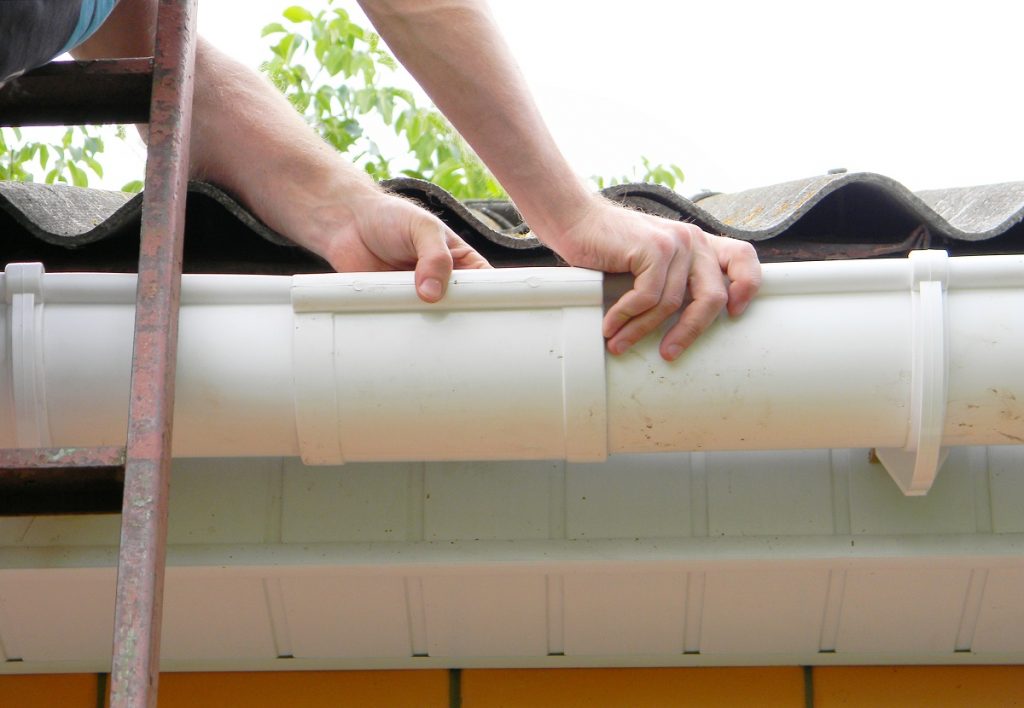Typically, preventive maintenance is defined as improving the performance of equipment while it’s still working to lessen the chances of failure. This gives the owner of the equipment more bang for their buck because they won’t have to spend on repairs for when it breaks down.
But preventive maintenance is not only for pieces of equipment; it can also be done for utilities, processes, and other mechanisms vulnerable to failing. As such, it becomes an important tool for the success of all people, including business owners.
Although it can be applied for basically anything that can be prevented from breaking down instead of being repaired afterward, preventive maintenance works best for tangible things. One example will be to keep your business’ brick-and-mortar location in prime condition so it can continuously receive customers in need of your service.
In this specific situation, your physical store’s roof will be used as the focus for preventive maintenance. You might think that there’s nothing much to maintaining a roof, but you might also be surprised at just how much damage a simple roof can bring to your business if it fails. Here are three ways preventive maintenance becomes the key to your business’ success:
It eliminates health and safety hazards
The main purpose of a roof is to provide a layer of protection between you and the natural elements outside. A durable roof can shade you from the heat, keep you dry when it rains, and give you warmth when it snows, or protect you from falling debris.
But the roof won’t be able to do all these alone unscathed. That’s why it has gutters that can redirect both accumulated water and fallen debris, so it can continue protecting what’s inside. However, if you don’t perform routine gutter cleaning, all that debris will create a clog.
A clogged gutter will fail to let accumulated water pass through when it rains, which means that it can overflow and cause flooding in your store. Stagnant water in your gutters can also become a breeding ground for mosquitoes, which can transmit lethal diseases and other viruses to your employees or customers.

It saves you more money in the long run
When your roof suffers from the damages caused by the natural elements or falling debris, it will cost you money because you will have to make repairs. The bigger the damage your roof incurs, the larger amount of money you will need to spend on inspections and repairs.
However, if you do routine inspections on your own once in a while, it would be easy to identify problem areas on your roof. This will allow you to make the necessary repairs or preventive measures to preserve the condition of your roofing before the problems become worse.
You might think that doing this will put an additional task on your already heavy workload, but it can also save you a lot of trouble in the future. Plus, it will give you your money’s worth because you can maximize the durability and longevity that it promised you in the beginning.
It makes you a more responsible business owner
Doing preventive maintenance makes you more responsible because it trains you to have a proactive mindset. Instead of dealing with a problem once it happens and suffering from the consequences, you’re minimizing the chances of a problem arising in the first place.
Keeping a forward-thinking and proactive mindset will make you a better business owner because you’re taking charge of your situations. This mindset will allow you to prepare for the future rather than reacting and becoming a victim to your circumstances afterward.
To put it into the roofing context, by performing preventive maintenance, you’re making sure that your roof stays intact and ready to protect the inside of your store no matter what comes its way. Of course, there’s no telling what the future will bring, but it can minimize the debilitating effects of the foreseeable future.
This is a much better approach to handling a business, especially if you compare it to how events will play out if you were only to react to it. For instance, you’re going to spend money on repairs if the roof gives in because you failed to notice the signs of structural damage. Additionally, you’ll be losing the opportunity to generate a profit during downtime to make way for the repairs.
The habit of preventive maintenance can be applied to all aspects of business, from the simplest of processes to the most complex. Once you form the habit of preventing problems from happening and developing the skill of foresight, your business will become a force to be reckoned with.

